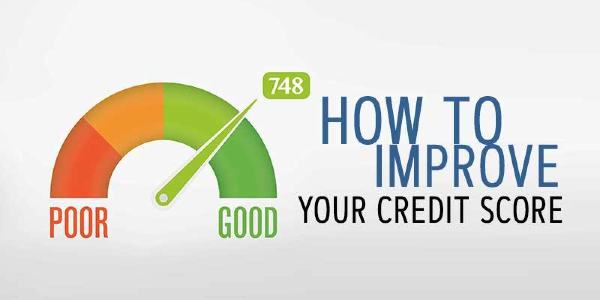If you lose your job and/ or barren your bank account, you won’t see a blow to your credit score. Even if you refuse to pay for your rented house, your credit score won’t feel any negative effect. As long as you’re paying your bills on time, you should not be worried about your credit score.
Of course, it’s best to make your bills on time and stay out of the trouble. However, there are a few things that people think affect their credit score, but which actually don’t. Below is a quick peek at five things that never harm your credit score.
- Changes in income and assets: People often carry the misconception that if they are laid off or do a part time job, it may affect their credit score, which is absolutely false as long as these people continue to pay their bills on time. However, losing your sound job may adversely affect your potential to qualify for new credit in future as nowadays lending institutions thoroughly review income, employment and credit scores before approving any loan.
- Not paying your rent: Let’s assume that you’re withholding your rent now for a few months as you’re in a dispute with your property owner, or you've broken a lease. This, in anyway, doesn’t appear in your credit score unless the property owner takes you to court and a judgment is entered. Nevertheless, any sort of legal complication would never affect your credit score as long as you continue to make payments toward the debt that you’ve incurred.
- Late payment of taxes to a certain extent: "Paying your property taxes late will show up on your credit score if your county puts a lien on your home," says Kelley Long, certified public accountant and a member of the American Institute of CPAs' Financial Literacy Commission. However, keeping in mind the policies and practices of your county, that may probably take some time. Similarly, any dispute with the IRS won’t immediately show up on your credit report. "If you don't pay your taxes and then enter an agreement with the IRS, that goes on your report as another loan," she says.
- Delayed payments to small vendors who don’t report to credit bureaus: Your credit score only gets up or down once your creditors report it to one of the three major credit bureaus: Experian, Equifax, and TransUnion. Nowadays, some small vendors usually don’t report to credit bureaus, and some big fishes don’t either. Typically, once a vendor charges off your account and sells to a collection agency, it gets reported to the credit bureaus. But often small vendors don’t try this way out as collection agencies only pay a portion of the overall debt.
-
Not carrying a balance: The question that people often ask is what balance should one carry on his/ her credit card? Actually, you need not carry a certain balance in order to show good credit. A credit score is supposed to show your ability to pay off debt. If you don’t use your credit cards, you won’t be able to show your ability to pay off debt. Therefore, using a credit card and paying off the balance every month is a great way to do this. However, if you carry high balances on your cards in order to receive credit card rewards, you put your credit score in high risk.
However, credit score is only one piece of your financial face, and any prospective creditor always takes into consideration many other things before lending. Someone with a less than perfect credit score but having a justifying circumstance may get credit, but someone with a good credit score but poor financial face may not.












